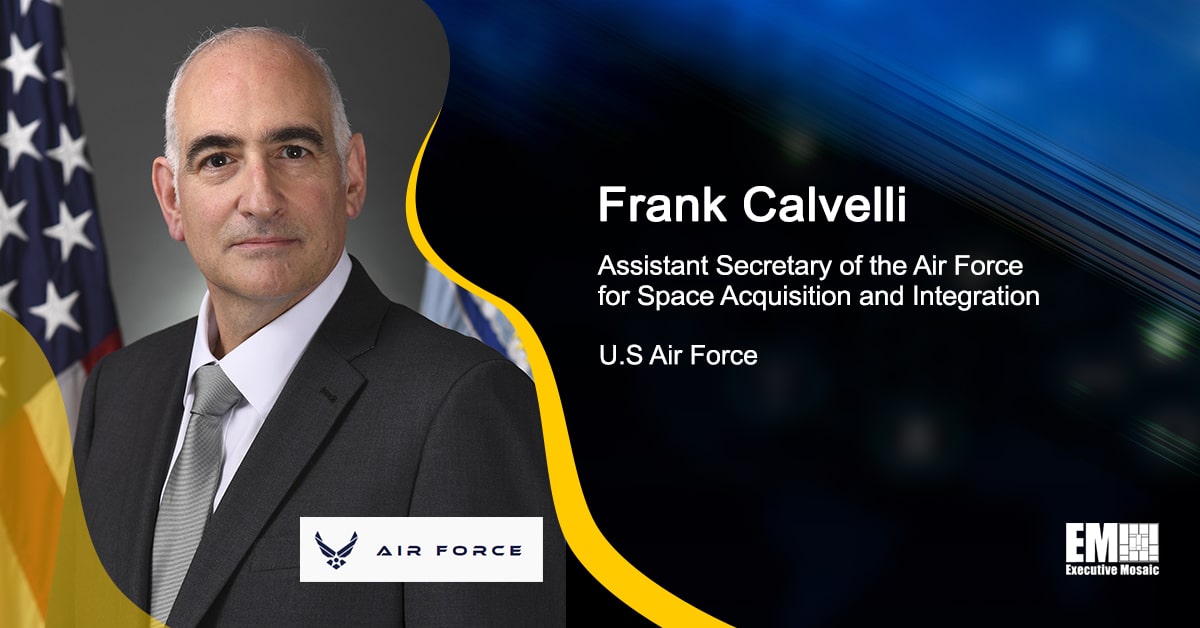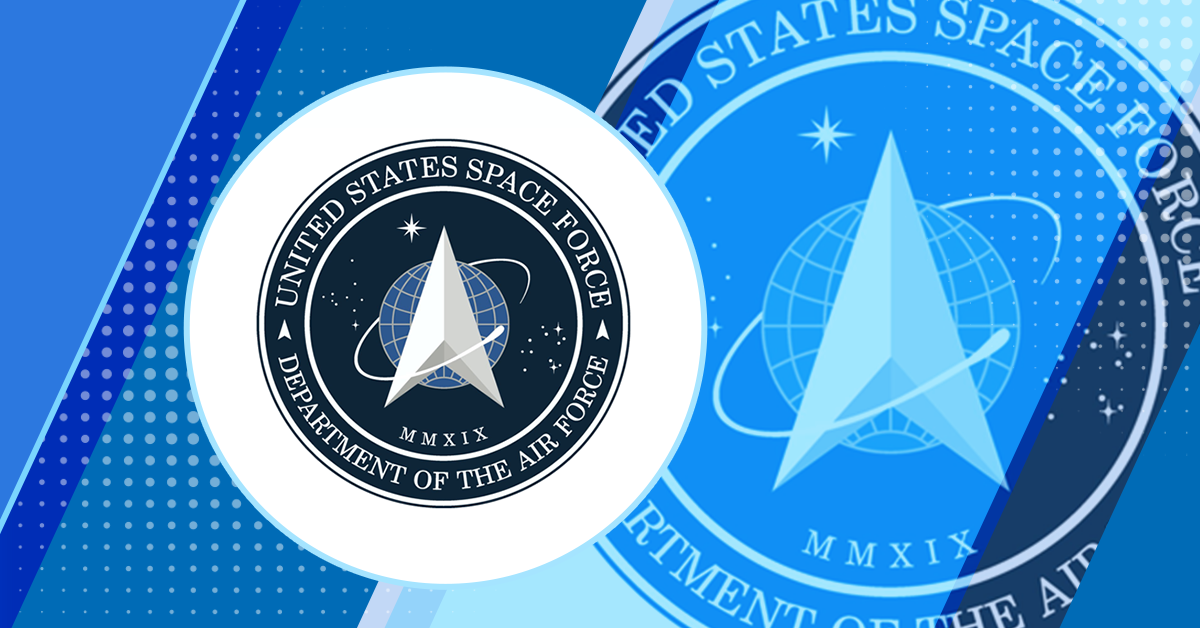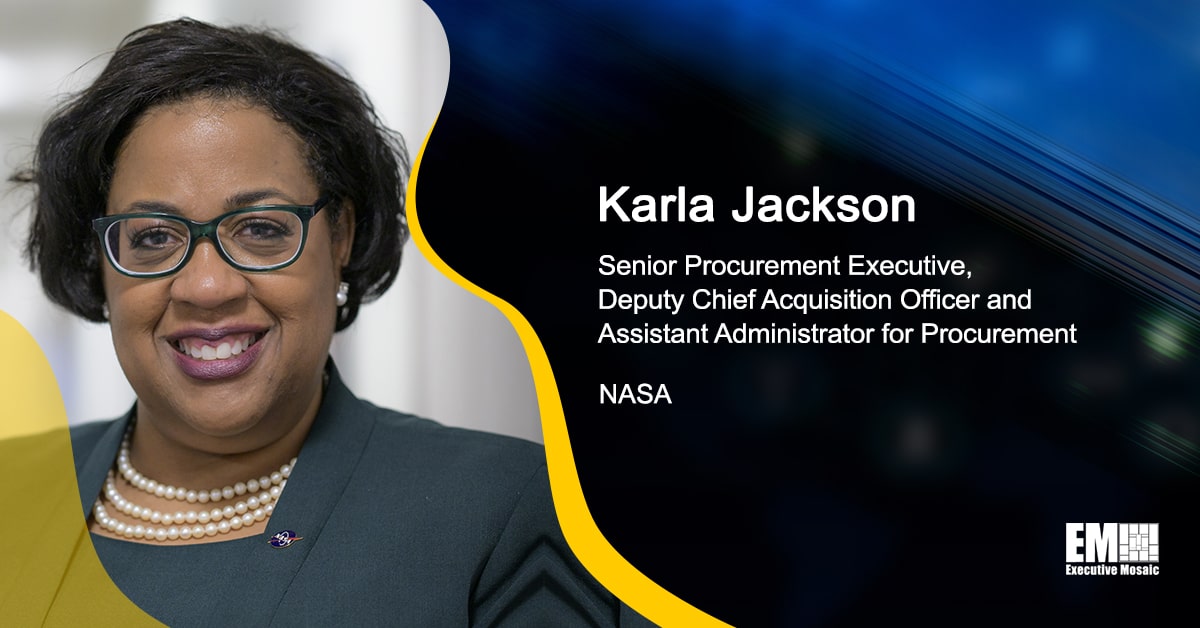Space is undeniably the most rapidly growing and evolving domain in the modern era, and it’s quickly becoming the most contested, too. In response to concerns that the United States’ global competitors are accelerating their developments in space, Pentagon leaders are looking at ways to inject more speed and resilience into the space procurement process.
“There’s a lot of pressure on the Department to go faster in space acquisition,” said Frank Calvelli, assistant secretary of the Air Force for space acquisitions and integration, during a roundtable discussion in December.
Calvelli was confirmed to his current role by the Senate in April 2022, and in the beginning of his tenure, he began to identify problems within the DOD’s space acquisition processes. This effort culminated in an October 2022 memo outlining Calvelli’s nine “space acquisition tenets,” which were designed to serve as “guideposts” for space procurement across the DOD.
Frank Calvelli will deliver a keynote address during GovCon Wire’s virtual 2023 Space Acquisition Forum on Jan. 18. Karla Smith Jackson, senior procurement executive and deputy chief acquisition officer for NASA, is scheduled as the forum’s closing keynote. Don’t miss your chance to hear from top space acquisition leaders! Register here.
Calvelli’s 9 Space Acquisition Tenets
1. Build smaller satellites, smaller ground systems and minimize non-recurring engineering
In the first tenet, Calvelli proposed building smaller satellites in order to reduce development timelines from “many years to just a couple.” Currently, satellites typically cost billions of dollars and take an average of seven years to develop and complete. Calvelli suggested that by building smaller satellites — and using commercial technology and designs to do so — the DOD can shorten timelines and even accelerate technology refresh.
According to Calvelli, the speed component of space acquisition relies on a “very simple formula.” He explained, “You build small, you use existing technology and reduce non recurring engineering. You take advantage of commercial capabilities and you execute.”
Calvelli has been vocal in his support of the Space Development Agency’s rapid development-to-acquisition cycle, which he has said should serve as a model for the larger space acquisition community. “They are building small, they are doing things on two-year [cycles], and they are delivering capabilities faster. And I actually think that’s a model that we can take advantage of,” he said of the SDA during an Air Force Association conference.
2. Get the acquisition strategy correct
Establishing good acquisition strategies will lay the groundwork for enabling speed and performance, Calvelli wrote. He said having “clear, unambiguous” Statements of Work, minimizing the Contracts Data Requirements List and using tools like peer reviews and red teaming will help contribute to good acquisition strategies.
Additionally, Calvelli urged the use of fixed price contracting over cost-plus contracts. “NASA is now doing more fixed price contracting. The National Reconnaissance Office has talked about doing more fixed price contracts. Now the Space Force needs to be doing more fixed-price contracting.”
3. Enable teamwork between contracting officer and program manager
Calvelli proposed that contracting officers should be collocated within program executive officer teams in order to enhance collaboration and enable successful acquisitions.
4. Award executable contracts
Being more realistic about cost and schedule will help to avoid low bids and buy ins, Calvelli said in the fourth tenet. Elaborating, Calvelli said negotiations between government and industry should be a “win-win,” with the public sector quickly receiving a capability that works, and industry getting the right to a fair profit.
Furthermore, Calvelli urged government officials to “keep up with news and information about the space industrial base” to better understand what commercial companies are capable — or not capable — of doing.
5. Maintain program stability
Calvelli suggested that acquisition leaders establish a firm contract cost and schedule baseline and stick to it. Year-to-year budget changes, Undefinitized Contract Actions and accepting new requirements after going on contract are all things Calvelli said should be avoided in order to keep programs on track.
6. Avoid SAPs and over classifying
Special Access Programs, or SAPs, can create stovepipes and hinder the integration of space capabilities across all domains. Calvelli suggested using secret and top secret security classification guidelines if necessary but avoiding classifying systems such as NOFORN, which may limit the government’s ability to share with allies and partners in the future.
7. Deliver ground before launch
Ground systems and modifications should be completed and operational before the launch of a new capability. This will allow users to “take advantage of new capabilities after launch,” Calvelli wrote.
8. Hold industry accountable for results
Calvelli’s eighth tenet sought to empower government buyers to hold their industry providers to higher standards and not accept less than those standards. “With the urgent need to provide new space capabilities faster and for architecture resiliency, do not tolerate bad performance that we have seen in some traditional large satellite and large ground cost plus contracts,” Calvelli warned in the memo.
“My message to industry, I would say, is please bid on programs with realistic cost and realistic schedules,” he said. “And please bid on programs [where] you can be successful. Then, when you win that contract, execute — deliver those programs on cost … on schedule,” Calvelli said.
He said government purchasers should take corrective action and use all tools available for poor performers. The tenet closes with a reminder to government buyers: “Industry works for you, so be a demanding customer.”
9. Execute — deliver capabilities that work, and deliver them on schedule and on cost
According to Calvelli, this tenet is the most important of the nine. He implored federal officials to be more proactive in managing their programs and to identify issues as early as possible for quicker resolution. “Success is measured by executing on plan,” he closed.
Learn more about Calvelli’s thoughts on transforming space acquisition to outpace global competitors during the GovCon Wire 2023 Space Acquisition Forum on Jan. 18. Click here to register.







